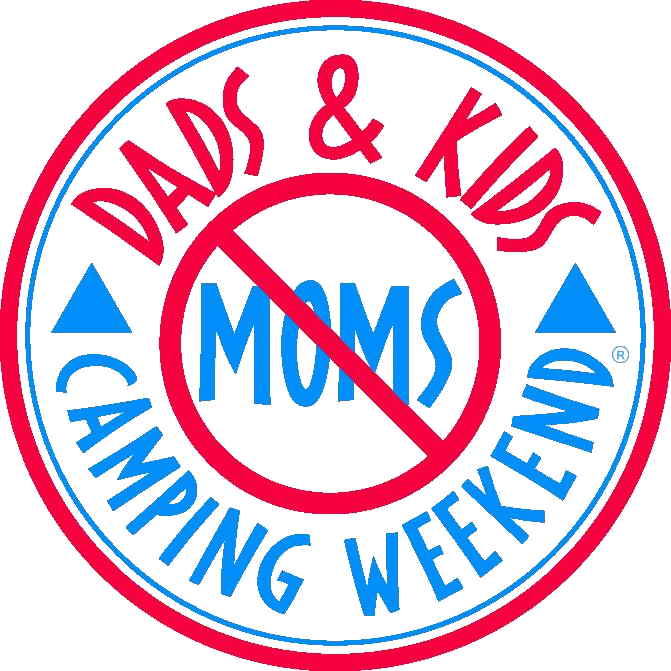Emergency preparedness tips while camping
While losing a child on a camping trip is every parent's worst nightmare, this story demonstrates how planning beforehand can significantly boost the likelihood of a good ending. For some, readiness entails having the necessary equipment; for others, it entails having the necessary knowledge. The truth is, it's both.
You can have the most expensive supplies in the world, but you must know how to use them. Similarly, you can be an Eagle Scout five times over, but nothing beats having a water-resistant tent in a downpour. It's not about demonstrating you're a MacGyver when you're camping with the family; it's about having a good time, remaining safe, and making some nice family memories.
1. Pack plenty of water
People usually worry about having enough food in an emergency, but a lack of water is even more deadly. You can survive without food for several days, but not without water. To avoid dehydration, your body is 50 to 70% water and needs continuous fluids. You lose energy and your capacity to think clearly without water, and you'll need both in a camping situation. Carrying pouch waters, which are easier to tote than bottled water, is one solution. Alternatively, pack iodine tablets, which dissolve in water and purify it. Another option is to boil water, but this takes time and requires the necessary equipment.
2. Have a communication plan
Tell someone "back home" where you're going, when you'll be back, and who you'll be traveling with before you go. This is important since you'll need someone to know when you'll be back, especially if your entire family is gathered. Whistles are simple to use and actually carry far than the human voice in nature, where cell phones don't usually operate. Before the journey, give each family member a whistle and teach them the emergency codes. Although the signal may be sketchy, bring your cell phone just in case you do get reception.
3. Familiarize with the lay of the land
Before you travel, familiarize yourself with the location because each terrain has its unique set of problems. Pitching a tent on a sandy campground differs from pitching it on firm ground, and a rocky location may need a lot of hiking before you arrive. In any instance, prior knowledge is essential. Teach your family to notice landmarks. As in the movies, everything can look alike when you're lost in the woods. Seek out identifiers at your campsite and on hiking trails.
4. Pack light
However, there are certain camping essentials, especially when traveling with your family. These include
· Insect repellent, sunscreen, the appropriate jackets and rain gear
· A waterproof tent, ground insulation on which to place sleeping bags and extra blankets to ensure a comfy camping home
· Nylon rope and duct tape to secure a broken tent pole or patch a hole
· A Swiss Army or good pocket knife as well as a folding saw. Whether you're cutting wood or getting a fresh catch ready to cook, these woodsmen weapons are handy.
· A compass, working flashlight and waterproof matches
· Extra food. As with water, don't plan to forage along the trail or campsite. Portable food -- granola bars, fruit, trail mix, peanut butter and bread -- are good, high-energy snacks
· And no matter what, have a fully stocked first aid kit.
5. Prepare for animal encounters
You hope that neither you nor your family will have to deal with an animal, but you should be prepared just in case.
Preventing animal interaction is crucial, therefore avoid it at all costs. Teach youngsters that no animal, no matter how small or cute, should be fed or approached. Also, never leave children unsupervised. All food should be kept in animal-proof containers or in your car. There are also special bags for hanging your food aboveground, and bear-proof boxes can be rented in some camping spots.
Read more about camping with your family in my handbook – The Dads & Kids Camping Handbook – now available on Amazon Kindle - https://www.amazon.com/Dads-Kids-Camping-Handbook-much-deserved-ebook/dp/B088F47TQJ
